Money Metals' gold analyst Jan Nieuwenhuijs has stated that the five countries and regions using the mBridge international payment system are also those that have driven gold prices higher in recent years, which could have a significant impact on the future of the US dollar. He wrote: "Countries participating in the new cross-border payment system mBridge are stockpiling gold and bear the main responsibility for the bull market of the past two years." "It is difficult to predict how and when the global dollar standard will collapse, but establishing a non-dollar payment system (mBridge) and actively accumulating gold to replace US Treasury bonds as the main international reserve asset is an effective de-dollarization strategy."
The mBridge international payment system was launched by the Bank for International Settlements (BIS) Innovation Hub in Hong Kong in 2021. Thailand, China, Hong Kong, Saudi Arabia, and the United Arab Emirates are the five formal members at this stage, but mBridge also has more than 30 observer members.
Nieuwenhuijs said: "The project aims to create a multi-central bank digital currency platform based on Distributed Ledger Technology (DLT) for participating central banks and commercial banks to achieve instant cross-border payments and settlements." "MBridge uses a DLT network compatible with Ethereum, namely the MBridge Ledger developed by the Digital Currency Institute of China. Since China oversees the backbone of this technology, it is not subject to Western sanctions."
He wrote that while gold import and export statistics represent private capital flows, they can also reflect the activities of central banks.
He said: "In addition to private demand in China and Thailand reaching a peak, the central banks of China and Saudi Arabia (the People's Bank of China and the Saudi Arabian Monetary Authority) bear the main responsibility for the rebound that began in 2022, as both countries significantly increased their gold purchases after the West froze a portion of Russia's foreign exchange reserves." "It is striking that, according to existing trade data, the dominant countries in the gold market are all formal members of mBridge: China, Saudi Arabia, Thailand, and Hong Kong... The statistics for the UAE are several years behind and misleading due to smuggling into India."
Nieuwenhuijs stated that the surge in gold purchases in the East broke the correlation between US Treasury Inflation-Protected Securities (TIPS) and gold, and "rendered TIPS ineffective."
"Between China, Thailand, Saudi Arabia, and Hong Kong, it is clear that their gold positions have changed since the beginning of 2022: they have abandoned sensitivity to price," he said. "They did not sell off in the rebound themselves, but rather triggered these rebounds due to strong demand."
Nieuwenhuijs stated that in addition to visible global gold flows, the official gold reserves of Thailand, the UAE, China, and Saudi Arabia have also increased significantly in recent years. "Only Hong Kong's monetary gold remains flat; however, it can be compared to Beijing, as it is a special administrative region of China."
As the world's reserve currency, the US dollar is the most widely used currency in global trade. He said: "The largest share of global international reserves (owned by central banks) is in dollar-denominated assets, such as US government bonds." "Countries that want to get rid of the dollar need alternatives for trade and reserves."Nieuwenhuijs stated that members of the "mBridge scholarship" all have current account surpluses and have been increasing their gold reserves in recent years. "This is known as gold recycling: storing trade surpluses in gold instead of U.S. Treasury bonds," he said.
He wrote: "The mBridge aims to connect central banks of various countries, providing a settlement layer for their digital currencies while supporting interoperability between the existing financial infrastructures of participants." "Using mBridge is a stepping stone to greater use of local currencies and ultimately enhances liquidity."
He said that while cross-border payments typically rely on an inefficient correspondent banking network, mBridge enables participants to "abolish correspondent banks, allowing banks to efficiently connect through a new settlement track." "According to the Bank for International Settlements, mBridge payments are faster, safer, cheaper, and more accessible, with final settlement," he added.
Saudi Arabia is the world's largest oil exporter, and China is the largest oil importer. Nieuwenhuijs said: "For a long time, the Saudi royal family has been inclined to exchange dollars for oil, based on an agreement with the United States to invest trade surpluses in U.S. Treasury bonds." "Despite Saudi Arabia's long-standing relationship with the U.S., the kingdom is eager to trade oil in other currencies. In November 2023, the People's Bank of China and the Saudi Arabian Monetary Authority signed a currency swap agreement worth 50 billion yuan ($7 billion) to 'expand the use of the two countries' local currencies and promote trade and investment between the two sides.'"
He noted: "In September this year, Saudi Minister of Mineral Resources Bandar Alkhorayef said in an interview with the South China Morning Post that he is open to new ideas, including using the renminbi in crude oil settlement." "No wonder the Saudis joined mBridge in June."
Nieuwenhuijs believes that the combination of increasing gold reserves and the mBridge system could devalue the U.S. dollar.
He said: "How likely is it that countries that have taken over the gold market in the past two years will also join a non-dollar trade alliance? Of course, these countries have a well-thought-out plan to de-dollarize."
He added: "It is worth noting that China, Hong Kong, and the UAE all have sophisticated precious metal markets where gold is traded in local currencies, allowing mBridge partners to bypass the U.S. dollar and directly convert any surplus from bilateral trade into gold." "Saudi Arabia does not have a developed gold market, but not long ago, with the support of Saudi Minister of Mineral Resources Bandar Alkhorayef, a new refinery was opened in Riyadh. On the refinery's website, it states that gold bars will 'meet globally recognized standards and should be recognized by all clients worldwide, including all national banks.' This should tell us enough."
For mBridge to be fully operational on a large scale, each participating country must complete and launch its own CBDC, most of which are still in the pilot phase. Nieuwenhuijs wrote: "However, it should be clear that mBridge members are finalizing and coming together." "mBridge is likely to succeed because if the mBridge group can take over the gold market, they have political motivation to escape the clutches of weaponized U.S. dollars, and who knows what they can do in cross-border payments?"
He added: "As we track the development of cross-border payments through local currencies, the rise of gold in global reserves is inevitably damaging to the U.S. dollar."Nieuwenhuijs stated that, according to his calculations, gold currently accounts for 19% of international reserves, which is higher than the 10% in 2014. He said: "At the same time, due to the trend of gold recycling, the share of the US dollar has decreased from 62% in 2001 to 48% as of March this year."
He said: "As geopolitical tensions have not subsided, the mBridge group has a motive to de-dollarize, and we can assume that this trend will continue." "We should not rule out that Western investors will join the ranks of pushing up gold prices."







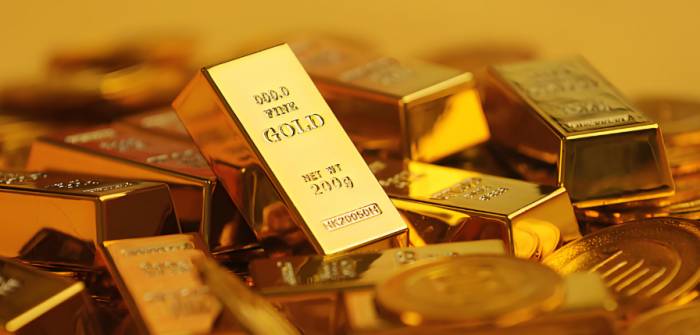


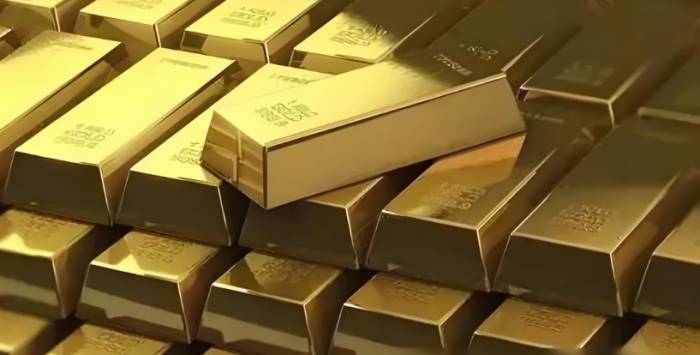

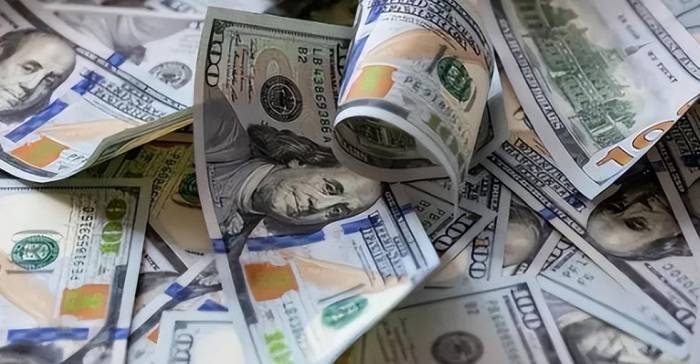

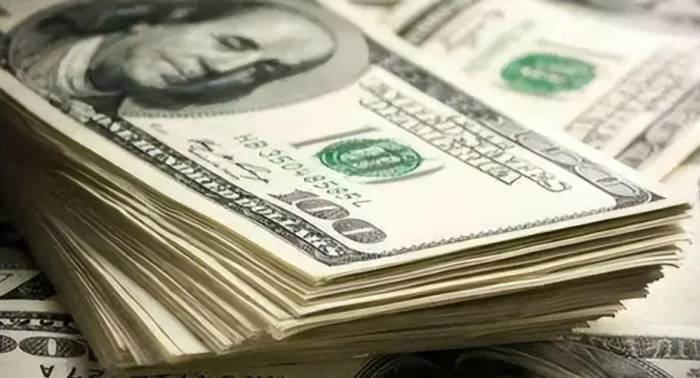

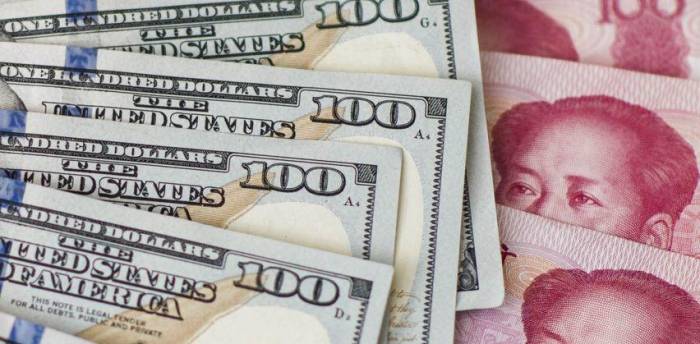


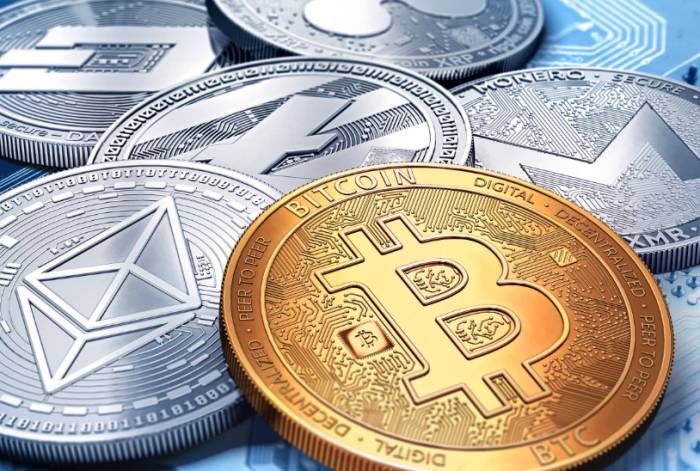


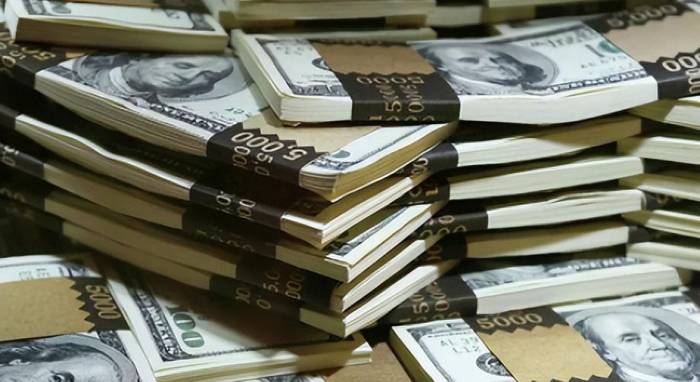






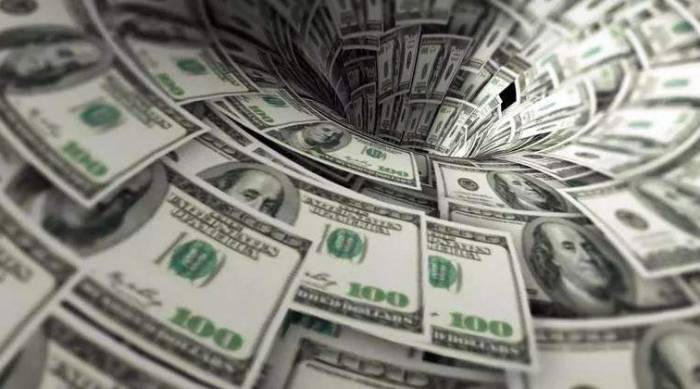
Leave a Comment